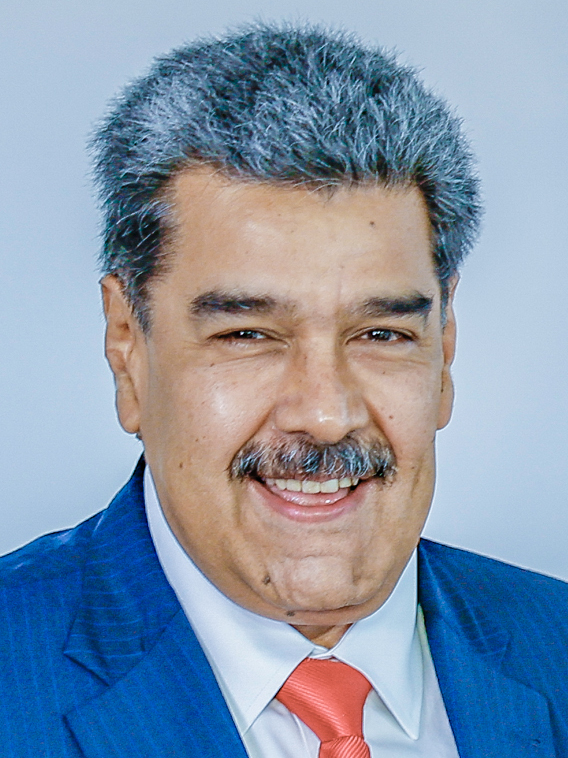
Introduction
Nicolás Maduro, the President of Venezuela, has been a central figure in the nation’s turbulent political landscape for over a decade. His leadership has been marked by significant controversies, a struggling economy, and social unrest. Understanding the current state of affairs in Venezuela under Maduro’s governance is crucial, not only for the residents of Venezuela but also for the international community, as it affects regional stability and international relations.
Current Situation in Venezuela
As of October 2023, Nicolás Maduro continues to face immense challenges, including a declining economy and humanitarian crisis exacerbated by government mismanagement. The inflation rate in Venezuela is among the highest in the world, reportedly surpassing 400% annually, contributing to widespread poverty and food insecurity. Recent reports have highlighted that nearly 90% of the population lives below the poverty line, creating a dire situation for millions.
Despite these challenges, the government has implemented some measures aimed at stabilising the economy, such as the introduction of a new currency and attempts to attract foreign investment. These efforts have seen mixed results and are often overshadowed by ongoing international sanctions aimed at Maduro’s government, which have further strained the economy.
Political Landscape
In recent months, Maduro has sought to reinforce his power amid increasing discontent. Preliminary steps towards negotiations with opposition parties have been taken, although these talks have been fraught with complications. While Maduro’s administration claims progress, many in the opposition and international observers remain sceptical about his willingness to enact meaningful reforms or to permit fair electoral processes ahead of the upcoming elections.
The involvement of foreign powers, notably Russia and China, in supporting Maduro’s regime contrasts sharply with the stance of Western nations, which continue to advocate for a transition of power. The interplay of these international dynamics significantly influences Venezuela’s political climate.
Outlook
The future of Nicolás Maduro’s presidency hangs in the balance as the country approaches the next election cycle. Analysts suggest that without substantial policy changes and positive developments in humanitarian conditions, public dissatisfaction could lead to increased unrest. The outcome of international negotiations and the potential for these to bring about change in governance could also significantly affect Maduro’s position in the coming months.
Conclusion
In summary, Nicolás Maduro’s presidency is characterised by ongoing economic decline and social chaos, compounded by complex international relations. As Venezuela navigates through this critical juncture, both national and global observers will be closely monitoring developments. The implications of these situations are significant, not only for Venezuelans but also for the geopolitical fabric of South America.
You may also like

Understanding the Current Political Landscape in the UK

The UKIP Party: Recent Developments and Future Outlook

Boris Johnson: A Look at His Current Political Landscape
SEARCH
LAST NEWS
- Remembering Wendy Richard: The Promise to Co-Star Natalie Cassidy
- How Did Anglian Water Achieve an ‘Essentials’ Rating for Mental Health Accessibility?
- Shai Hope Leads West Indies in T20 World Cup Clash Against South Africa
- What We Know About Weston McKennie: Future at Juventus and Past at Leeds
- What We Know About the Upcoming Live Nation Antitrust Trial